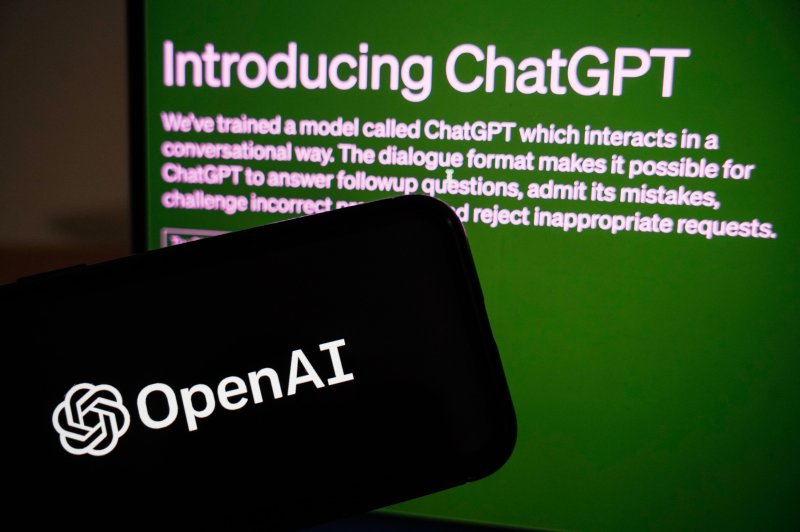A coalition of 20 of the world’s leading technology companies, including OpenAI, have committed to fighting AI-generated “deep fakes” during the 2024 election year. File Photo by Wu Hao/EPA-EFE
Feb. 17 (UPI) — Twenty of the world’s leading technology companies have announced a combined effort to fight “deep fake” artificial intelligence misinformation during the 2024 election year.
Dubbed the Tech Accord to Combat Deceptive Use of AI in 2024 Elections, the agreement released Friday at the Munich Security Conference creates a set of commitments made by member organizations to counteract AI-generated content that is designed to deceive voters.
“The rapid development of artificial intelligence, or AI, is creating new opportunities as well as challenges for the democratic process. All of society will have to lean into the opportunities afforded by AI and to take new steps together to protect elections and the electoral process during this exceptional year,” the tech accord says.
The companies listed on the accord include Adobe, Amazon, Google, IBM, LinkedIn, McAfee, Meta, Microsoft, OpenAI, Snap, TikTok and X.
The firms listed and others agreed to make eight commitments toward fighting deceptive AI election content centering around implementing technology to reduce deceptive AI content generation and the risks it creates. The signers agreed to try to detect distributed AI content and address it on their platforms.
The accord also requires signers to be transparent with the public regarding the handling of deceptive AI election content and to work with global organizations and academics and make the public and media aware of the dangers of AI-generated election content that is designed to deceive and affect election outcomes.
More than 4 billion people will vote in elections being held this year in more than 40 nations. AI technology can create altered or fake videos, images and audio that mimic candidates, election officials and others while misleading voters about how, when and where to cast their ballots.
“With so many major elections taking place this year, it’s vital we do what we can to prevent people being deceived by AI-generated content,” Meta President of Global Affairs Nick Clegg said in a statement.
Machine-learning tech firm Clarity recently reported a 900% annual increase in AI-generated “deepfake” content, which raises concerns regarding the potential for interference with this year’s elections around the globe, CNBC reported.

